
On November 15, Tongji University's College of Architecture and Urban Planning hosted a significant academic seminar to commemorate the 110th birth anniversary of Feng Jizhong, a towering figure in China's architectural landscape. As a distinguished architect, architectural educator, and the founder of China's urban planning and landscape architecture disciplines, Feng's influence extends far beyond his lifetime.
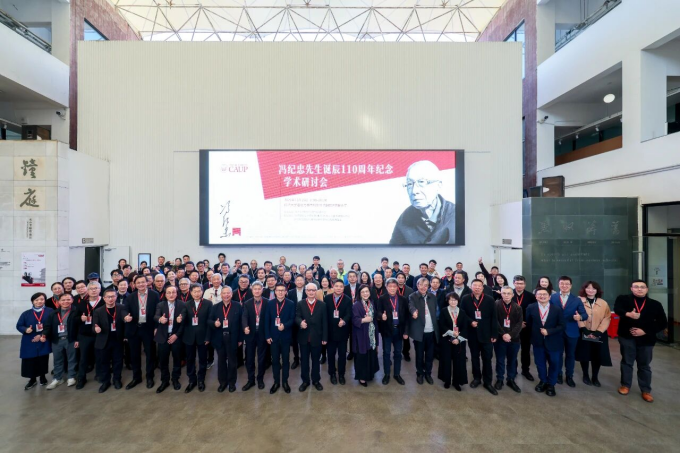
The event drew a distinguished gathering of academicians, including Zheng Shiling, Chang Qing, and Li Xinggang, along with leaders from various universities and architectural journals. They collectively paid tribute to Feng's pioneering contributions, emphasizing his visionary integration of architecture with urban planning and landscape design, and his relentless pursuit of modernity in Chinese architectural practice.
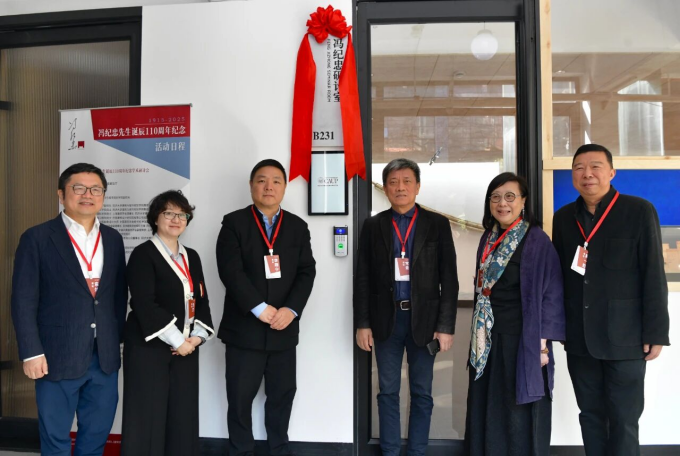
Feng's 63-year tenure at Tongji University saw him establish China's earliest urban planning and landscape architecture programs, laying the foundation for these disciplines' development nationwide. His innovative vase-shaped teaching model and the Spatial Composition Principles teaching system became cornerstones of Tongji's architectural education. Feng's philosophy of producing talents, works, and ideas continues to inspire generations of architects.
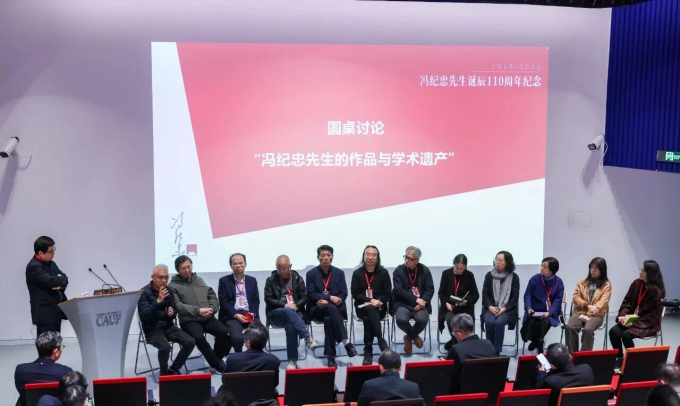
Among his classic works, Songjiang Fangta Park in Shanghai stands as a testament to his genius, earning acclaim as a milestone in modern Chinese architecture. Feng was also the first Chinese scholar to receive an honorary fellowship from the American Institute of Architects, and his late-life accolades, including the China Architecture Education Special Award and the China Architecture Media Award for Outstanding Achievement, underscore his enduring legacy.
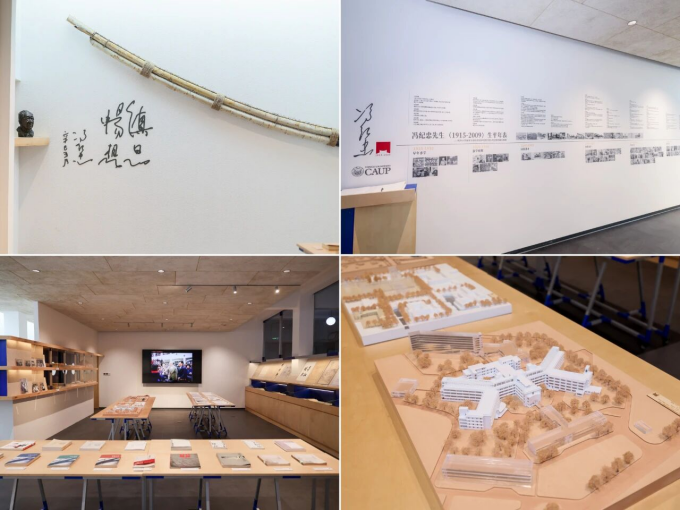
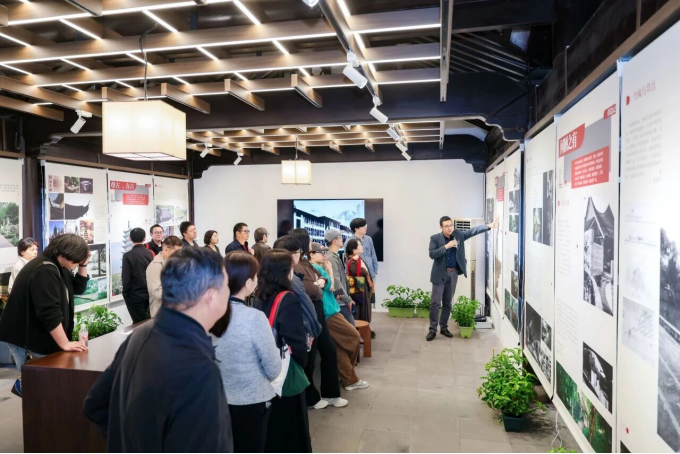
The seminar, part of a three-month-long academic season, featured exhibitions, the unveiling of the Feng Jizhong Seminar Room, and in-depth discussions on his academic and educational legacy. It served as a poignant reminder of the importance of upholding Feng's spirit in contemporary architectural practice, inspiring current and future architects to continue pushing the boundaries of theory and innovation.
 ABOUT US
ABOUT US




